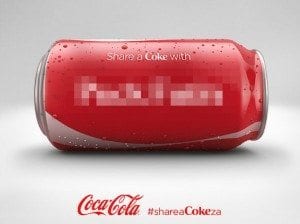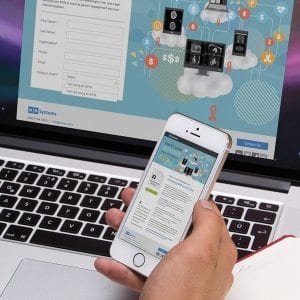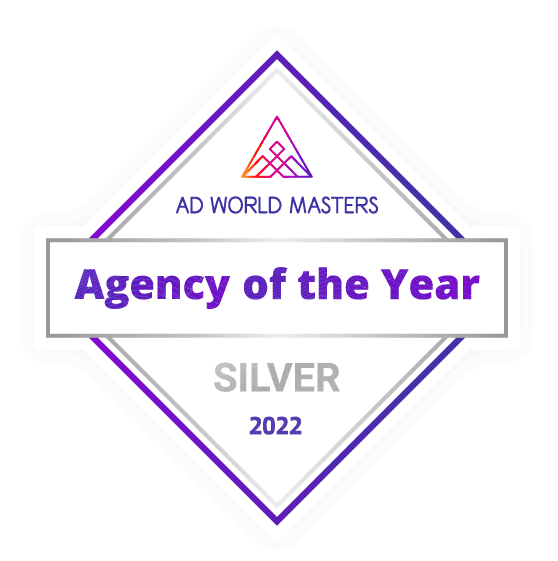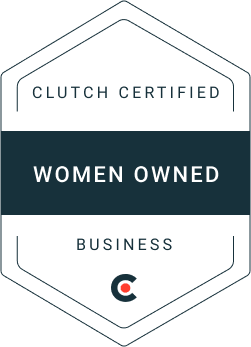
If you have walked down the soda aisle at your local store in the past few months, you have probably noticed the new campaign that Coca-Cola has been running. Their campaign, which we discussed in a previous blog post, offers customers the opportunity to find names of their friends and family on Coke bottles and cans. Here is one of Coke’s commercials to launch the campaign.
Does Coke really inspire people to celebrate like that? Overall, the “Share a Coke” campaign seemed interesting. Unfortunately for the giant beverage company, there has been a backlash from angry fans around the world and multiple public relations issues have arisen from this campaign.

There are many pranksters (or Trolls) in the world, and they are impossible to control. The picture to the right has spread virally on the Internet. Coca-Cola is not known for its health benefits. In fact, many people blame soft drinks for the rising obesity rate in the United States. Because of this issue, Coke would probably prefer to disassociate with an unhealthy image. Photos like this certainly do not help. These anti-Coke ads hurt the brand image. Many health oriented groups already smear brands like Coca-Cola and McDonald’s for their unhealthy products in attempts to get consumers to make heathier choices. This campaign made this easier for those organizations to create interesting and relevant content.
Coke had another problem with the “Share a Coke” campaign. The Coca-Cola website allows people in some countries to change the Coke script on the bottle to a name of their choice. However, many people have not been able to type their names in. People of middle-eastern descent have noticed that the website’s selection of middle-eastern names is very low, which has caused a Social Media uproar.
The source of this problem lies in the fact that the names that can be applied to Coke cans and bottles have to be pre-approved by Coke. Coke, as an English-speaking company, did not consider many names from different cultures. The preapproved feature was not intended to keep people from those cultures from using the feature, but to keep people from typing in inappropriate names. Coke most likely feared the negative image the brand would receive if people were creating inappropriate cans. However, their caution caused many people’s names to be rejected by the system.
Social rights groups have also called Coke’s campaign Homophobic because that same website allows for people to type in “Straight” but not “Gay.” Coke has released a statement on their website about this issue:
Our “Share A Coke” promotion, which is running in several markets around the globe, is intended to allow people to take the Coca-Cola script and replace it with their name on the can. Unfortunately, in South Africa, the digital version of the “Share a Coke” promotion did not limit the customization to individuals’ names. Specifically, the name and message auto-generator on our South Africa “Share A Coke” website would not accept the word “Gay”, but did accept the word “Straight”. This isn’t how the program was supposed to work, and we’ve pulled the site down until we can fix the problem.
We apologize for this mistake. As one of the world’s most inclusive brands, we value and celebrate diversity. We have long been a strong supporter of the LGBT community and have advocated for inclusion, equality and diversity through both our policies and practices…
Coke is acting fast to fix the situation, but with decreasing sales over the past few months,only time will tell if the campaign is worth the effort. The campaign is set to continue until the end of Summer, 2014, which is evident by Coca-Cola’s home page, featuring the image to below. (If you have more time, check out this short article from the Huffington Post).

Although Coca-Cola tried to protect their “Share a Coke” campaign by pre-selecting appropriate names, they still incurred backlash from individuals who were left out. There is always significant risk when attempting a campaign that involves international markets, and it appears Coca-Cola did not do enough homework before venturing into their “Share a Coke” campaign. An alternative solution would be to have a screening process for user-submitted names that could screen be for unsavory words in real-time.
To see the results of Coca-Cola’s “Share a Coke” campaign, read our follow-up blog on October 1, 2014.








